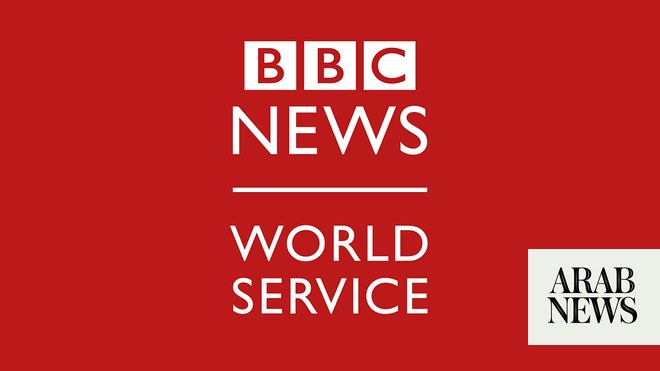
Journalists at the BBC World Service have said plans to move its Vietnamese service from London to Thailand pose a danger to press freedom.
Several reporters at the World Service raised concerns that the Vietnamese state had a history of abducting journalists from Thailand. They also suggested that BBC bosses failed to comprehend that just because both countries were in south-east Asia, it did not mean Vietnamese people were naturally at home in Thailand.
“Being a critic of the Vietnamese government, even when you’re in Thailand, is not safe,” said one World Service employee. Journalists in Thailand have to annually submit their articles to the government to have their visas renewed.
Journalists cannot operate freely in Vietnam, a one-party state controlled by the country’s Communist party. As a result, most of the BBC’s Vietnamese-language staff have traditionally operated out of London, in common with the majority of the World Service’s operations.
A BBC spokesperson said: “The safety and security of our journalists is paramount. We are not proposing to open any new operations in Bangkok – for a number of years the Vietnamese service has been split between Bangkok and London, with half of the journalists based in Bangkok and half in London, all producing excellent and impartial journalism.”
The relocation of the London-based Vietnamese team is one of a series of cost-saving measures announced on Thursday, which includes cutting almost 400 jobs to save the BBC about £28m a year. The Thai service will also move from London to Bangkok, the Korean service to Seoul, and the Bangla service to Dhaka.
One employee said: “The BBC want to use the World Service as a token in the game about the licence fee with the government.”
Bill Hayton, a former BBC Vietnam correspondent, said the relocation would result in a loss of institutional knowledge: “It’s about cost saving – you can hire people in Thailand on local rates. Vietnamese dissidents have been kidnapped in Bangkok by Vietnamese security forces and that must weigh on the heads of anyone doing Vietnamese journalism in Thailand. That presents a risk to BBC journalism, as well as the BBC journalists involved.”
There is a tension within the BBC World Service: one viewpoint is that journalists should be based in the same countries as their audience, the other is that the purpose of the World Service is to provide global audiences with news from London.
The BBC argues that it should focus on producing online content that reaches younger global audiences rather than trying to find ways to maintain its overseas radio and television output.
The World Service was traditionally funded by the British government as a tool of soft power, but the cost was loaded on to British licence fee payers as part of George Osborne’s austerity measures. The government has since started providing some funding again but the latest cuts have raised concerns that the UK is ceding the foreign broadcast space to state-backed competitors, such as Russia’s RT and China’s CGTN.












